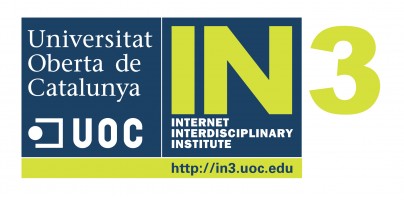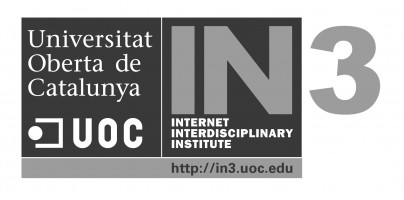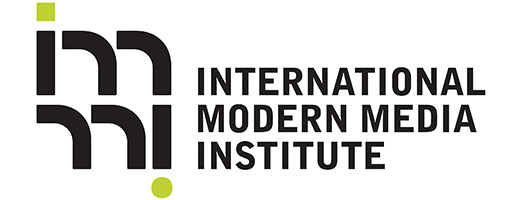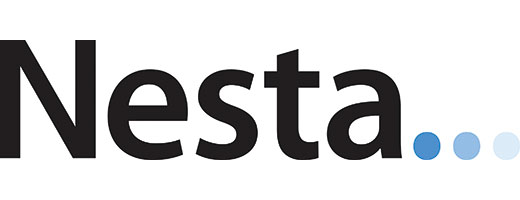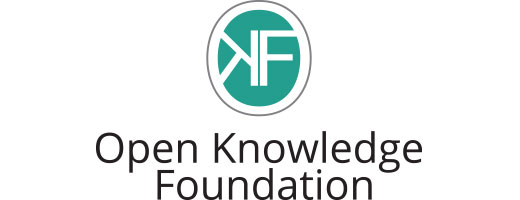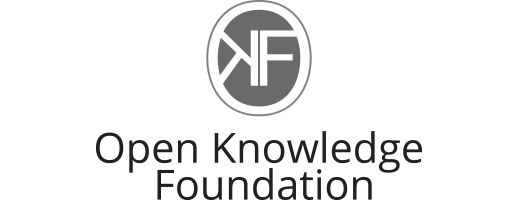D-CENT Roundtable: Technologies for network democracy and citizen actions
On the 8th of July 2015 D-CENT took part at the second International conference organised by CAPS2015 (Collective Awareness Platforms for Sustainability and Social Innovation) in Brussels.
CAPS2015 is organised by the European Commission through the CAPS2020 project, coordinated by Sigma Orionis. The CAPS projects are leveraging the emerging “network effect” by combining data coming from people, social media and real environments (“Internet of Things”) in order to build public, distributed, and privacy aware collective awareness platforms to address social challenges and present possible solutions.
The two-day conference sparked a variety of discussions around strategic ways to harness the power of collective intelligence, involve citizens and support new bottom-up approaches in EU research programs. The conference was attended by hundreds of social innovation practicioners, experts and policy makers from the European Commission’s DG Connect. Panellists presented ways to develop privacy-aware technologies, strenghten commons-based peer production communities, investiged the conditions which favour collaborative creation and the logic of value of these emerging forms. Workshops and debates also explored what it means to move away from an Internet of Things in the hands of commercial companies to an Internet of Communities where sensors, data and knowledge commons are harnessed for the public good.
D-CENT organised a well attended session with a roundtable chaired by Francesca Bria with citizen movements, European policy makers and developers brought together to explore the opportunities and the tensions emerging in the new forms of political movements that are using technologies to empower citizens and reinvent democracy.
The first part of the panel discussed how it is possible to build public, decentralized, and privacy aware ecosystems designed for citizen empowerment and what are the ways then to scale up these systems.
Francesca Bria explained how the D-CENT project seeks to work in a space of hybridisation between bottom-up and top-down policy, between online and offline activities. She emphasised how new bottom-up democratic experiments are bringing excitement but also challenges, in particular around how new hybrid and partecipatory institutional innovations can emerge that will transform current political institutions. This led to an interesting discussion about the interplay between society, democracy and technology.
Miguel Arana Catania, from LaboDemo and recently nominated director of the citizen participation and transparency office of Madrid City Council, brought the example of the growth of a grassroots collective intelligence movement such as the 15-M. Thanks to a new democratic process and the use of tools for large scale participation the movement formed a citizen-led coailition involving Podemos and win the latest municipal elections in Madrid, Barcelona and other 6 spanish cities. They are now committed to make the new City Governments the most democratic in the world. Miguel argued that a mix between grassroots movements and more traditional hierarchical structures is needed in order to present new ways of doing politics through citizens’ initiatives, collaborative budgeting and new tools for deliberation.

Jaakko Korhonen, from Open Knowledge Finland explained that Cities need to open source their data so that citizens can access them and make collective decisions. Opening up the data from the city enables citizens to co-create counter designs and self-management of the city and make more efffective bottom-up policy proposals. For instance the City of Helsinki is putting in practice an open decision making policy and has built a user-friendly API to access the data. Within D-CENT the Open Knowledge Finland together with ThoughtWorks are working on linking the open decision making data stream of the City Hall to citizens campaigns, so that people can use information to come together and mobilise.
Joonas Pekkanen, from the Open Ministry, gave the example of how citizen initiatives in Finland are already institutionalized, allowing citizens to submit a law initiative to the Parliament. This has led to the rise of new citizen movements, and the approval of progressive legislations such as same-sex marragie and animal rights.
The second part of the panel raised questions on how to scale, and make sure privacy-awareness, decentralisation, open standard and open source become the norm.
Aral Balkan, founder of Ind.ie, argued that technological monopolistic platforms with a single advertising-fueled business model such as Google and Facebook risk to reproduce systemic inequality. Thus, democratic institutions need to to fund alternatives that can systemically grow and challenge the power of Silicon Valley.
Gareth Rogers, technology lead for D-CENT at ThoughtWorks, argued that privacy should not just be one of the features users can choose but the default mode of every software that is built. To obtain a decentralized system it is important to start decentralizing power from the ‘facebooks’ of the world to smaller grassroots organizations so that they can acquire the capabilities to deploy the technology and run it autonomously in a federated manner.
For Samer Hassan, from Universidad Complutense de Madrid, who is working on P2P value project, the problem is the ownership of the infrastructure and how the value generated by the users is appropriated. To solve this problem it is important to start to develop decentralised infrastructures and use free software.
The last part of the panel brought the focus on the necessary transition that needs to happen not only at the level of technology but also at an institutional level in order to bring about systemic change. The panel also discussed the importance of transparency practices and the fight against corruption and the dominance of corporate lobbies in European policy.
As Daniel Freund, from Transparency International, put it “technology should be the watchdog function for citizens towards political institutions”. Institutions, particularly in the EU, have an old approach in responding to citizen’s rights to claim data. A staggering 79% of requests from citizens are made for documents that are already in the public domain but that people have trouble finding. It is clear that we need to tackle the problem of how data is made available and make it more searchable.
Ileana Apostol, co-founder of Nethood (platform for networking of local initiatives) says that whilst the benefit of keeping initiatives at local scale promotes transparency and a direct connection between people, we need transition platforms at continental level that can offer connections and communication between different initiatives.
The session brought concrete inspiring examples on how to devolve power to citizens and how to scale grassroots social tech initiatives in a way that will make privacy aware, decentralised infrastructures and open source become the norm. One point that echoed through the session was that no single force can make this happen; transparency alone is not a solution, technology alone is not a solution. There are many factors at play and support needs to come from the bottom-up and the top-down in order to drive change.
Photos Credit Valentina Sommariva
Original article has been published in the Nesta website, visit here.













